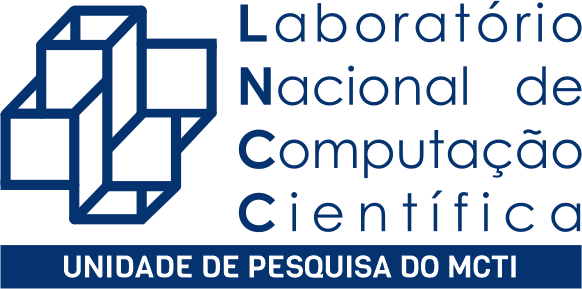EVENTO
Partitioned Solution of Geometrical Multiscale Problems for the Cardiovascular System: Models, Algorithms, and Applications
Tipo de evento: Seminário LNCC
The aim of this work is the development of a geometrical multiscale framework for the simulation of the human cardiovascular system under either physiological or pathological conditions. More precisely, we devise numerical algorithms for the partitioned solution of geometrical multiscale problems made of different heterogeneous compartments that are implicitly coupled with each others. The driving motivation is the awareness that cardiovascular dynamics are governed by the global interplay between the compartments in the network. Thus, numerical simulations of stand-alone local components of the circulatory system cannot always predict effectively the physiological or pathological states of the patients, since they do not account for the interaction with the missing elements in the network. As a matter of fact, the geometrical multiscale method provides an automatic way to determine the boundary (more precisely, the interface) data for the specific problem of interest in absence of clinical measures and it also offers a platform where to study the interaction between local changes (due, for instance, to pathologies or surgical interventions) and the global systemic dynamics.To set up the framework an abstract setting is devised; the local specific mathematical equations (partial differential equations, differential algebraic equations, etc.) and the numerical approximation (finite elements, finite differences, etc.) of the heterogeneous compartments are hidden behind generic operators. Consequently, the resulting global interface problem is formulated and solved in a completely transparent way. The coupling between models of different dimensional scale (three-dimensional, one-dimensional, etc.) and type (Navier--Stokes, fluid-structure interaction, etc.) is addressed writing the interface equations in terms of scalar quantities, i.e., area, flow rate, and mean (total) normal stress. In the resulting flexible framework the heterogeneous models are treated as black boxes, each one equipped with a specific number of compatible interfaces such that (i) the arrangement of the compartments in the network can be easily manipulated, thus allowing a high level of customization in the design and optimization of the global geometrical multiscale model, (ii) the parallelization of the solution of the different compartments is straightforward, leading to the opportunity to make use of the latest high-performance computing facilities, and (iii) new models can be easily added and connected to the existing ones.The methodology and the algorithms devised throughout the work are tested over several applications, ranging from simple benchmark examples to more complex cardiovascular networks. In addition, two real clinical problems are addressed: the simulation of a patient-specific left ventricle affected by myocardial infarction and the study of the optimal position for the anastomosis of a left ventricle assist device cannula.
Data Início: 27/08/2012 Hora: 14:00 Data Fim: Hora: 15:30
Local: LNCC - Laboratório Nacional de Computação Ciêntifica - Auditorio A
Comitê Organizador: Cristiano Malossi - École Polytechnique Fédérale de Lausanne - EPFL -


